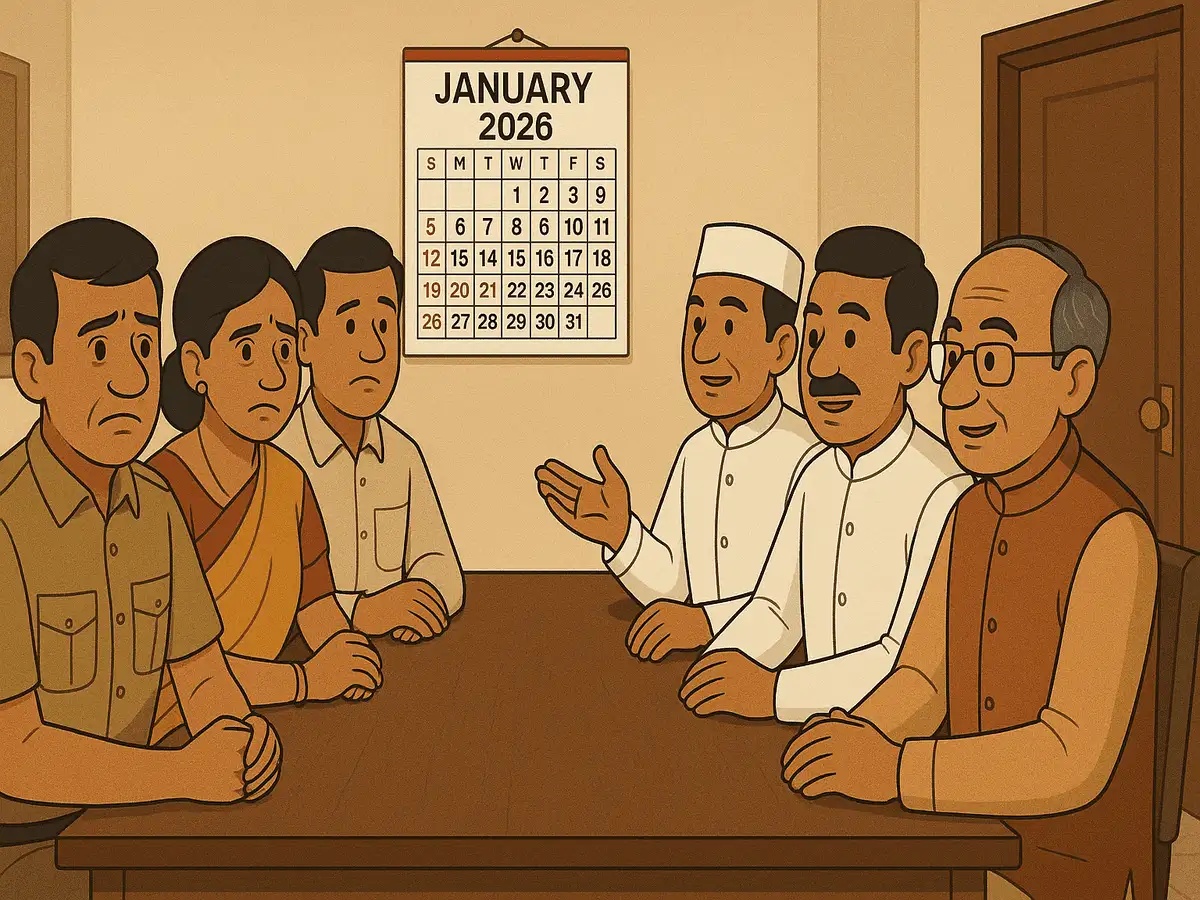
Government Acknowledges Submission of Draft Terms of Reference for 8th Pay Commission
The Ministry of Finance has confirmed its engagement with the National Council (JCM) Staff Side regarding the establishment of the 8th Central Pay Commission. In response to a Rajya Sabha query on July 22, 2025, the government disclosed that the Staff Side had submitted a draft Terms of Reference (ToR) for the commission. This initiative aims to reassess the pay structure, allowances, and service benefits for central government employees. The Ministry has also initiated consultations with key stakeholders, including the Ministry of Defence, Ministry of Home Affairs, and State Governments, to gather insights on the proposed framework. These discussions are critical to ensuring the recommendations align with current economic realities and employee needs.
Focus Areas of the 8th Pay Commission: A Comprehensive Review
The 8th Pay Commission is tasked with scrutinizing the existing salary and allowance framework for a diverse range of employees, including central government workers, All India services personnel, Defence Forces, Para Military Forces, and others. The review will also extend to retirement benefits such as pensions, gratuity, and terminal perks. Notably, the commission will evaluate non-viable pay levels, such as Level 1 with Level 2, and consider potential reforms to streamline the structure. The goal is to ensure that the revised framework provides a ‘decent and dignified living’ for all categories of employees, balancing fiscal responsibility with equitable compensation.
Stakeholder Consultations and Category-Specific Reforms
The government has sought inputs from multiple stakeholders to refine the ToR, including State Governments and key departments. The proposed reforms will address the unique needs of various employee groups, such as those in the Postal Department, Union Territories, and regulatory bodies. A detailed list of category IDs has been provided, covering employees from all states and territories, including the National Capital Territory of Delhi. This comprehensive approach ensures that the commission can tailor recommendations to the specific challenges faced by each group, from regional wage disparities to sector-specific benefits. The inclusion of Union Territories and autonomous bodies highlights the government’s commitment to inclusive reforms.
Timeline and Anticipated Implementation of the 8th Pay Commission
While the exact timeline for the commission’s constitution remains under discussion, the government has confirmed that the process is underway. The draft ToR outlines the focus areas, but the final recommendations are expected to take effect from January 1, 2026, as previously speculated. Employees can anticipate potential increases in Dearness Allowance (DA) and other benefits, though the specifics will depend on the commission’s findings. The government’s engagement with stakeholders suggests a structured approach to implementation, with a focus on transparency and public accountability. This process reflects the administration’s intent to address long-standing concerns about pay equity and service benefits.
Public Interest and Legislative Oversight in Pay Reform
The government’s response to parliamentary questions underscores the importance of legislative oversight in shaping the 8th Pay Commission’s mandate. Members of Parliament, including Shri Bhubaneswar Kalita, have emphasized the need for clarity on the consultation process and the commission’s timeline. The government’s acknowledgment of stakeholder inputs and the draft ToR demonstrates a commitment to inclusive policymaking. As the commission moves forward, its recommendations will likely influence future labor policies and public sector wage structures. The outcome of this review could set a precedent for balancing fiscal constraints with the welfare of government employees, ensuring long-term sustainability and fairness in public sector compensation.



